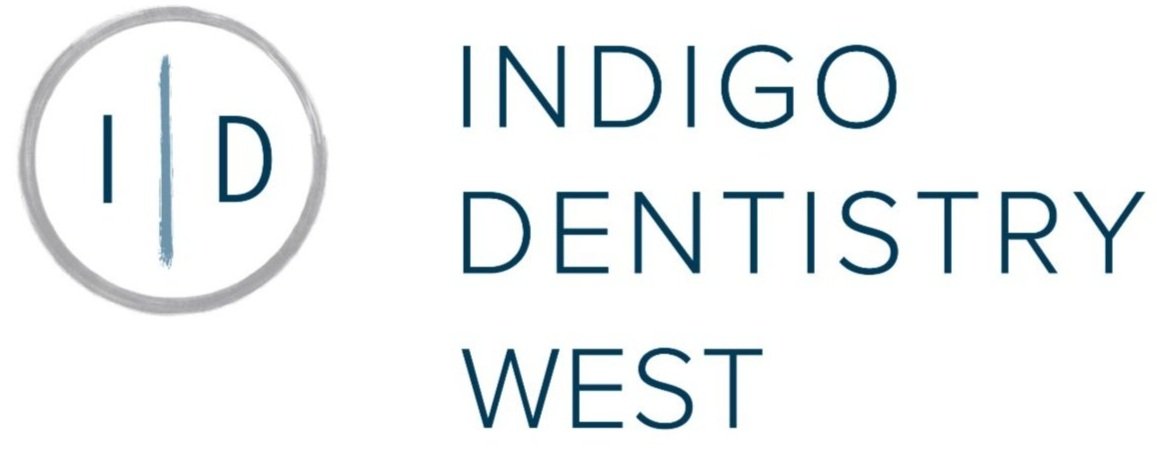Xerostomia: Understanding the Causes and Treatment Options for Dry Mouth
What is xerostomia?
Xerostomia, commonly known as dry mouth, is a condition characterized by a decrease in the production of saliva. Saliva plays a crucial role in maintaining oral health by aiding in digestion, preventing tooth decay, and keeping the mouth moist. When the salivary glands fail to produce enough saliva, it can have a significant impact on a person's day-to-day life. Not only does dry mouth make it difficult to chew and swallow food, but it can also result in bad breath and an increased risk of dental problems. Without an adequate amount of saliva, the mouth becomes a breeding ground for harmful bacteria, contributing to tooth decay, gum disease, and oral infections. Understanding the causes of xerostomia is essential in finding the appropriate treatment options. Stay tuned as we delve into the various causes of dry mouth and explore the potential treatment options available to alleviate this uncomfortable condition.
Common causes of dry mouth
There are several factors that can contribute to the development of xerostomia. One of the most common causes is medication. Certain medications, such as antihistamines, antidepressants, and pain relievers, have been known to decrease saliva production. Additionally, medical conditions such as diabetes, Sjögren's syndrome, and autoimmune disorders can also lead to dry mouth. Another factor that can cause dry mouth is dehydration. Not drinking enough water throughout the day can result in decreased saliva production. Other lifestyle factors, such as smoking or excessive alcohol consumption, can also contribute to dry mouth. Understanding the underlying cause of your dry mouth is crucial in determining the most effective treatment options for you. In the next section, we will explore the treatment options available for managing and relieving the symptoms of xerostomia.
The importance of saliva in oral health
Saliva plays a crucial role in maintaining good oral health. It serves as a natural lubricant, allowing us to speak, chew, and swallow comfortably. Additionally, saliva acts as a protective barrier, helping to prevent tooth decay and gum disease. One of the main functions of saliva is to neutralize acids produced by bacteria in the mouth. This helps to maintain a healthy pH balance and prevent enamel erosion. Saliva also contains enzymes that aid in the digestion of food, making it easier for our bodies to absorb nutrients. When you have xerostomia or dry mouth, the lack of saliva can greatly impact your oral health. Without adequate saliva flow, you may experience difficulties in speaking and swallowing. Furthermore, a dry mouth can increase your risk of cavities, bad breath, and oral infections.
Understanding the impact of xerostomia on overall well-being
Xerostomia, or dry mouth, not only affects oral health but also has significant implications for overall well-being. The discomfort caused by a lack of saliva can have a detrimental effect on an individual's quality of life. One aspect of well-being that is often affected by xerostomia is nutrition. Without sufficient saliva, it can be difficult to chew and swallow certain foods, leading to a limited diet and potential malnutrition. This can have a cascading effect on overall health, as essential nutrients may be lacking. Furthermore, xerostomia can impact speech and social interactions. The constant feeling of dryness in the mouth can lead to slurred speech and difficulty articulating words, leading to embarrassment and self-consciousness in social situations. In addition, the recurring discomfort associated with dry mouth can disrupt sleep and contribute to fatigue and decreased energy levels, further impacting overall well-being.
Treatment options for managing dry mouth
Finding the appropriate treatment for xerostomia is essential in alleviating the discomfort and improving overall well-being. The choice of treatment depends on the underlying cause and severity of the condition. One of the first steps in managing dry mouth is identifying and addressing any underlying medical conditions or medications that may be contributing to the problem. Working closely with a healthcare professional is crucial in determining the cause and developing an effective treatment plan. For mild cases of xerostomia, simple self-care measures can bring relief. These include drinking plenty of water throughout the day, avoiding caffeinated and alcoholic beverages, chewing sugar-free gum, and using over-the-counter saliva substitutes or artificial saliva products to moisturize the mouth. In more severe cases, prescription medications such as pilocarpine or cevimeline may be recommended to stimulate saliva production. These medications should be used under the guidance of a healthcare professional, as they may have side effects. Additionally, a dentist or oral health specialist may suggest using fluoride treatments or oral rinses specifically designed for dry mouth to protect teeth from decay and maintain oral health. In certain situations, treating xerostomia may involve addressing other contributing factors. For example, if nasal congestion or breathing through the mouth is causing dry mouth, using nasal sprays or breathing strips may help improve symptoms.
Lifestyle changes to alleviate symptoms
Alongside medical treatments, making certain lifestyle changes can greatly help in managing the symptoms of xerostomia. These changes can be incorporated into your daily routine to improve saliva production and alleviate discomfort. First and foremost, maintaining good oral hygiene is crucial. Brushing your teeth at least twice a day and flossing regularly can help prevent tooth decay and gum disease, which can be exacerbated by dry mouth. Staying hydrated is also essential. Make it a habit to drink plenty of water throughout the day to keep your mouth moist. Sipping water or rinsing your mouth with water during meals can aid in the digestion process and improve saliva flow. Avoiding tobacco and alcohol is advised, as these substances can further contribute to dry mouth symptoms. They can also increase the risk of developing oral health problems. Certain dietary changes can aid in increasing saliva production. Including foods that are high in moisture content, such as fruits like watermelon and cucumber, can help hydrate the mouth. Lastly, using a humidifier in your bedroom can add moisture to the air, reducing the chances of waking up with a dry mouth.
While making lifestyle changes and incorporating home remedies can provide relief for mild to moderate cases of xerostomia, it is important to understand that severe cases may require professional medical intervention. If your symptoms persist or worsen despite making these changes, it is crucial to seek the guidance of a healthcare professional. A healthcare provider can evaluate your medical history, perform a thorough examination, and recommend appropriate treatment options based on the underlying cause of your dry mouth. These may include prescription medications, saliva substitutes, or specialized oral products designed to alleviate the symptoms of xerostomia. Additionally, they can help identify any underlying health conditions that may be contributing to your dry mouth and provide appropriate treatment for those conditions. Remember, although xerostomia can be a chronic and uncomfortable condition, there are effective treatment options available. By working closely with a healthcare provider, you can find a solution that suits your specific needs and ensures better oral health and overall well-being.

